

‘Help Wanted is like a great nineteenth-century novel about now, at once an effervescent workplace comedy and an exploration of the psychic toll exacted by the labour market’ Elif Batuman, author of The Idiot
‘An immersive, deeply affecting human drama’ Bookseller, March 2024 Book of the Month
‘Poignant, funny, stealthily ambitious’ The New York Times
At a superstore in a small town in upstate New York, the members of Team Movement clock in every day at 3.55 am. Under the red-eyed scrutiny of their self-absorbed and barely competent boss, they empty delivery trucks of mountains of merchandise, stock the shelves and stagger home (or to another poorly paid day job) before the customers arrive.
When Big Will the store manager announces he’s leaving, everything changes. The eclectic team members now see a way to have their awful line manager promoted up and away from them, and to dream of a promotion of their own. Together they set an extravagant plan in motion.
Available from: Waterstones | Bookshop.org | Amazon
1
THE FIRST HINT something was up was so subtle that it barely registered. Just before the start of Monday’s 4 a.m. shift, the members of Movement were in the employee area at the front of the store, waiting
to clock in. Everyone was there—everyone, that is, except Meredith, the person at the center of the plot that was soon to take shape, its reason for being.
Nicole turned to Little Will, Movement’s group manager. “She’s still coming back today?” Nicole asked. “She hasn’t been, like, fired?”
At twenty-three, Nicole was the youngest person in Movement.
“Nope,” answered Little Will. “She texted me last night.”
As if Nicole had demanded proof, he fished his phone from his pocket, tapped its screen several times, and passed the device to her. I’ ll be a little late tomorrow, read the message from “Meredith, boss.” I need
a little rest after vacay, you know how it is! The words were followed by two emojis: a beach ball and a glass of wine.
Nicole rolled her eyes. She was about to hand back Little Will’s phone when a new text bubble appeared on the screen. She couldn’t help but read it. Hey man, I’ve got some news. Could be big for Movement.
Coming in now, will tell you & M after the unload. The text was from Big Will, the store manager.
“Huh,” Nicole said. She gave the phone back to Little Will, then watched him as he read the text.
He was six foot one. He was only called Little Will to distinguish him from Big Will. Big Will was five eleven, but it was his grinning face, captured by a Polaroid, that sat at the top of the org chart taped
to the wall of the break room at Town Square Store #1512 in Potterstown, NY. From Big Will’s photo, seven spokes pointed diagonally down to the next layer of management, the store’s executive managers. One of these was Meredith. Her photo, taken at a flattering three-quarter angle, showed her smiling coyly. Two months earlier, it had been pulled from the slot that said “Executive Manager for Sales—Hardlines” and reglued above the words “Executive Manager for Logistics (a.k.a. Movement).” A lone vertical line led down from Meredith’s picture to Little Will’s. His appeared to have been taken under duress. It had a startled mug-shot quality. As if to underline a point about his status, Little Will’s title—group manager—wasn’t capitalized. The rank-and- file members of Movement weren’t pictured at all.
“Maybe Meredith really is getting fired?” Nicole said when Little Will looked up from his phone. She grinned hopefully.
She was pretty, in a fresh-faced, apple-cheeked, straight-from-the-farm way, the kind of dimpled white girl you could picture in ye olden days, in a gingham dress and braids as she milked a cow. To tamp down
such associations, she slouched, wore baggy T-shirts and boxy pants that sat low on her hips, smoked constantly, avoided both the sun and foods that weren’t heavily processed and/or white in color, and generally cultivated an air of boredom and free-floating hostility.
Little Will frowned. As a manager (albeit a low-level one), he tried to adhere to certain standards. “Let’s not jump ahead of ourselves,” he said.
Nicole looked at him with something close to pity. It wasn’t only because he was too nice to talk shit even about Meredith. He’d missed multiple buttons on his shirt—a limp, faded, pill-covered
flannel he kept balled up on the passenger seat of his car when he wasn’t working. Swatches of white undershirt were visible between buttonholes. Little Will would have been ridiculous if he weren’t so good-looking.
The digits on the two identical time clocks hanging on the opposite wall changed synchronously from 3:54 to 3:55. The text slipped from Nicole’s mind as she joined the others.
After clocking in, a few people went straight to the sales floor. The rest headed to the warehouse. Movement was responsible for unloading the trucks that came from Town Square’s corporate distribution center in western Pennsylvania and for getting the merchandise onto the store’s shelves.
Nicole, who was in the warehouse group, walked with the others through the quiet store to Aisle E26 (lightbulbs), all the way in the back. At the end of the aisle, they passed through a set of double doors, marked EMPLOYEES ONLY.
The warehouse was even more dungeon-like than usual. With sunrise still a ways off, its small, dirty skylights were useless. The half dozen or so bare bulbs that hung from the high ceiling only dented the gloom. The air was thick and warm. There was never any AC back here, but with the store closed to customers, the HVAC system was on eco mode: no occasional blasts of cooled air wafted in from the sales floor. The truck was parked ass-out in the first of the warehouse’s three loading docks. Every few seconds, high-pitched squeals tore through the dark space. The line—a long metal track that ferried merchandise through the warehouse—needed oiling.
Milo and Diego had arrived before the others, to set up. Milo was already in position, standing just inside the truck, and was raring
to go—rotating his arms in their shoulder sockets, like a pitcher warming up.
Milo was the thrower. His job was to transfer boxes from the truck onto the line, then push them to the next person, who scanned them. At store #1512, this was Nicole. If her scanner said a box held backstock, she drew a slash on its label with a Sharpie before pushing the box down the line. Downstream from her, Travis, Raymond, Diego, Val, and the old guys were spread out along the line. Each one was responsible for picking certain categories of boxes off the line and putting them onto pallets waiting by their feet. Boxes that weren’t theirs, they pushed to the next person, until the truck was empty.
Without waiting for the old guys to get to their posts at the back of the line, Milo began pushing boxes down the track.
Nicole’s scanner intoned dully—beep, beep, beeeeep—as it hovered over a microwave, a box of DVDs, a bundle of six swim noodles tied together with twine, which for some reason—who knew or cared—elicited a longer and higher-pitched squawk. Nicole fell into a steady, almost somnambulant rhythm as she scanned and pushed, scanned and pushed. There came a cordless vacuum cleaner, an infant car seat, several packages of paper towels fused together with shrink-wrap, a box containing tubs of protein powder, an office chair, a dollhouse, kitty litter, curtain rods, an air conditioner, a box of mixed HBA (health and beauty aids), a flat-screen TV, baby wipes, a box of individually packaged, microwavable bowls of organic mac ’n’ cheese, two Blu-ray players, a convection oven, four Android cell phones, a crate of jarred pasta sauce, a box of DVDs, a stack of Monopoly sets wrapped in cellophane, a white-noise machine, a mixed box of Chemical (cleaning supplies), a bundle of shrink-wrapped lampshades, more kitty litter, several cases of flavored seltzer water in 12-ounce aluminum cans, tiny cans of gourmet dog food, deodorant, double-A batteries, even more kitty litter—for decades, Potterstown had been hemorrhaging people, but judging by the fecal evidence, its cats were flourishing—dish soap, soap dishes, a drip coffeemaker, a Keurig coffeemaker, pots for planting, pots for cooking, rubber mats to put in the footwell of a car, crayons, laundry baskets, bookshelves, a half dozen bound American flags, shampoo, nail polish, wood polish, shoe polish.
When a pallet filled with boxes, Little Will used a jack to whisk it from its spot. Before taking it out to the sales floor to be unpacked—or “broken out,” as they called it—he swapped an empty pallet in its place so the movement of the line wouldn’t be interrupted, even for a moment. Corporate insisted the unload take no more than an hour. If they took even a minute longer, Meredith, as executive manager, had to submit a “failure report,” as she called it. Having to do this guaranteed she’d be on the warpath for the rest of the morning. One time, after it happened, she’d sent Raymond home early, on the grounds—dubious, in Little Will’s judgment—that Raymond was still drunk from the night before. (He’d just smelled of booze.) More recently, she’d gone off on Nicole, chewing her out and threatening to write her up for no reason at all.
Before taking a pallet of HBA to Joyce on the sales floor, Little Will glanced at his wrist. It was bare. He remembered that his watch battery had died a few days ago. He pulled his phone from his pocket: 4:09. Shit.
Although corporate permitted them to clock in five minutes earlier, Movement’s shift officially started at four. They had to finish the unload by five.
Little Will rubbed his cheek. It was already stubbly. His shift began at three, an hour earlier than the others’, and lasted eight hours and forty-five minutes. Then he went to his second job, landscaping. He showered and shaved at night, before going to bed.
“Jesus Christ!”
Back in the warehouse, Val’s voice rose above the screech and clang of the line. Little Will turned to her. So did everyone else. With one hand, she held a large bag of kitty litter above her head, like the Statue of Liberty wielding her torch.
“This is soaked!” Val shouted, giving the kitty litter a little shake as the line came to a slow, whining stop. “C’mon, mofos! What’s the use of kitty litter if it’s wet?” With her free hand, she tapped the side of her head. “Think about it.”
But she was grinning. There were few things Val liked more than an opportunity to display her competence.
“Drama queen,” Milo muttered from the truck. Only Nicole heard. She didn’t respond. Nicole thought the idea of Milo calling anyone, even Val, dramatic was laughable. After three years of working next to Milo on the line, Nicole’s precise level of irritation with him ebbed and flowed, but it rarely dipped below a six on a one-to-ten scale.
Val tossed the kitty litter into the Damaged pile (which, to Milo’s point, she could have done immediately, without stopping the line). Boxes started to move again.


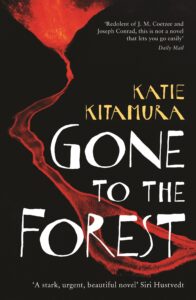 Gone to the Forest by Katie Kitamura
Gone to the Forest by Katie Kitamura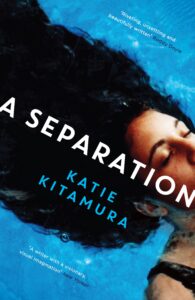

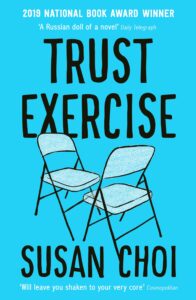
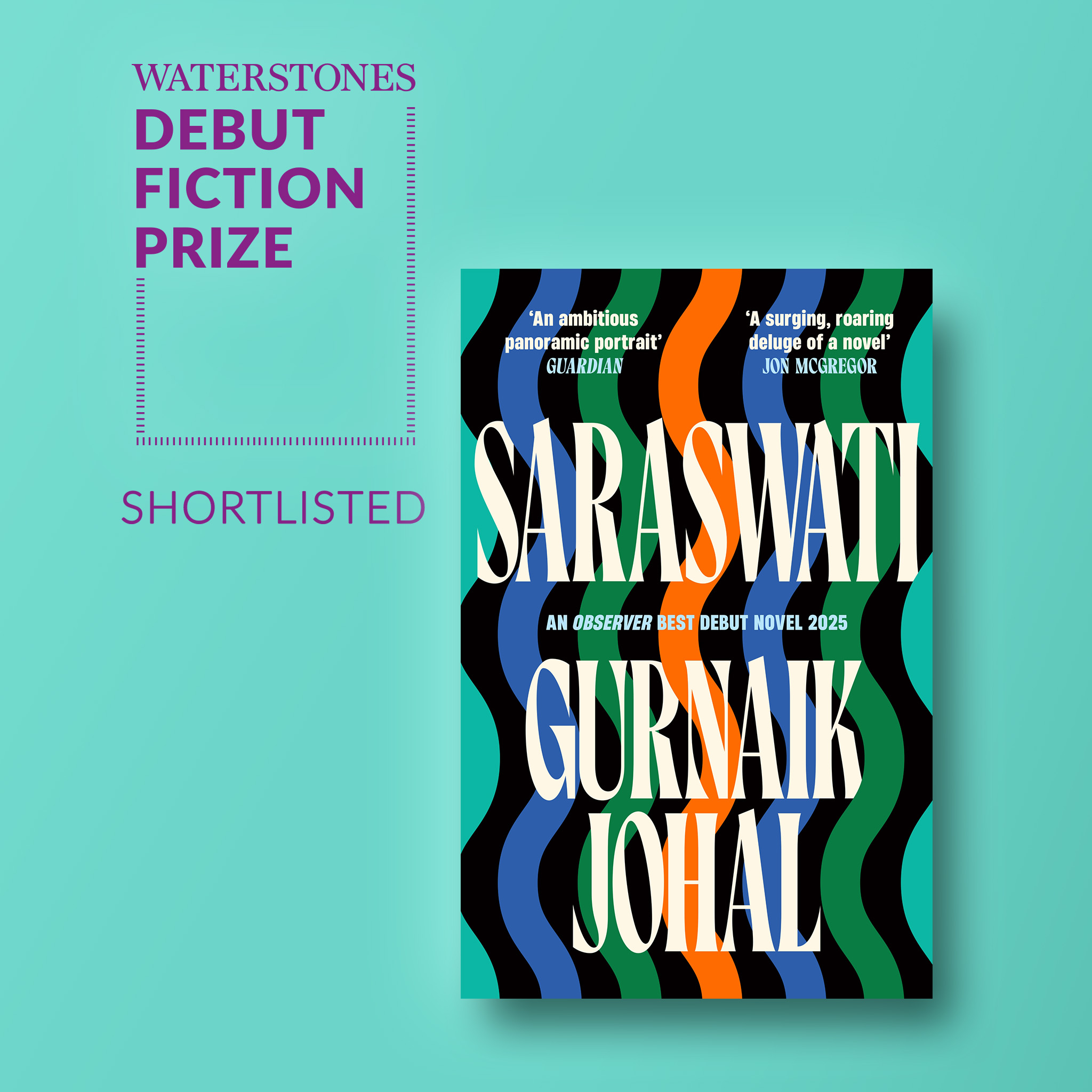
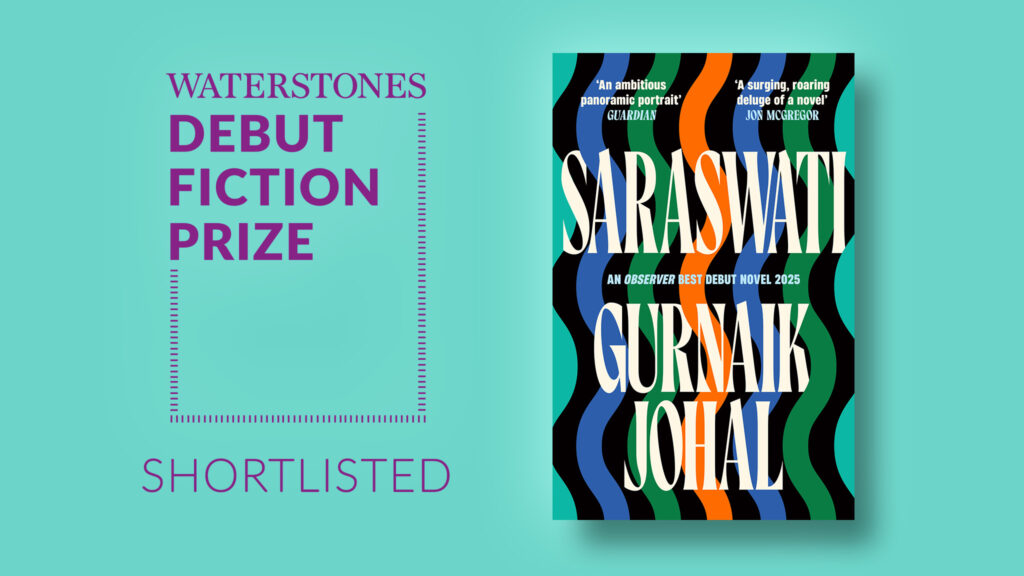





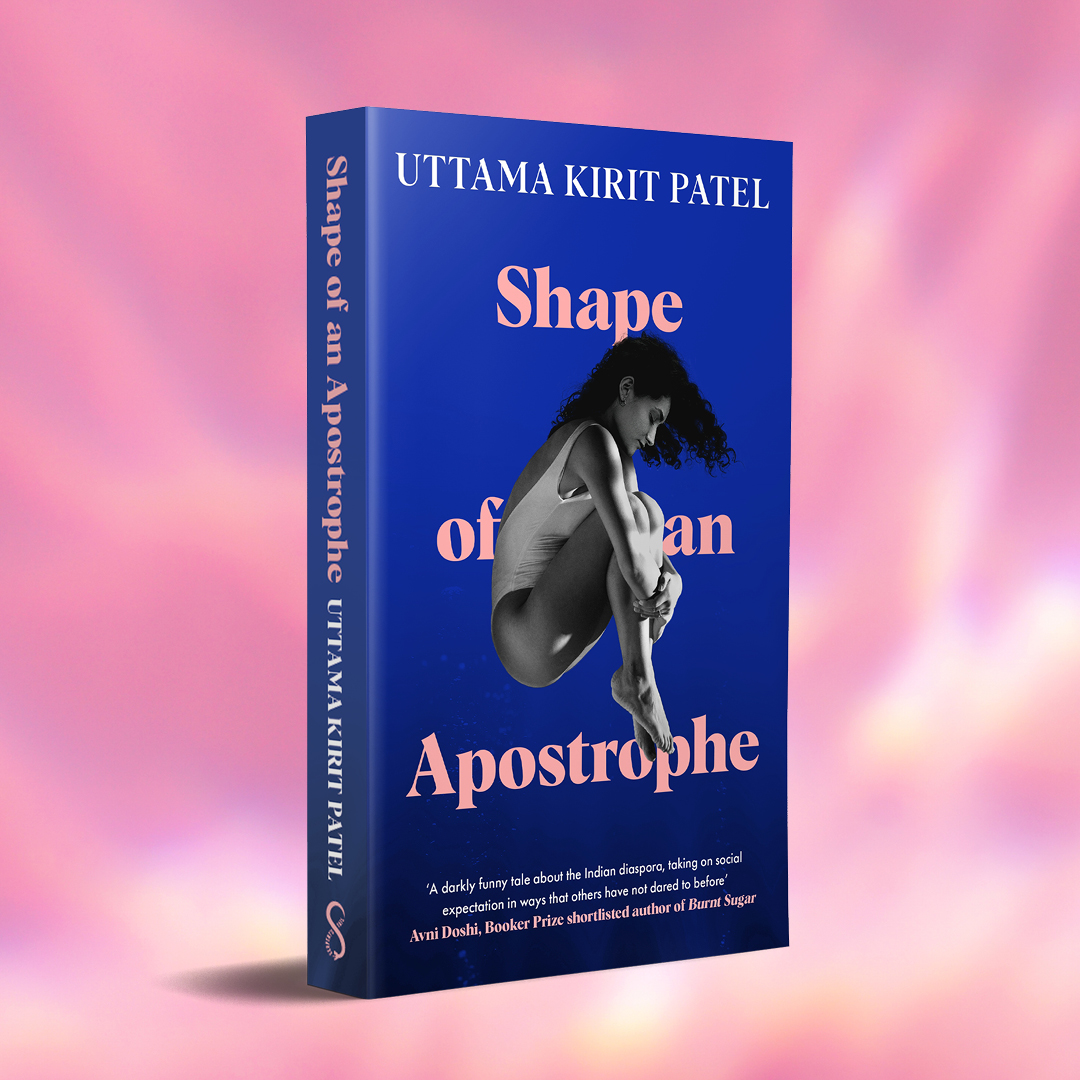
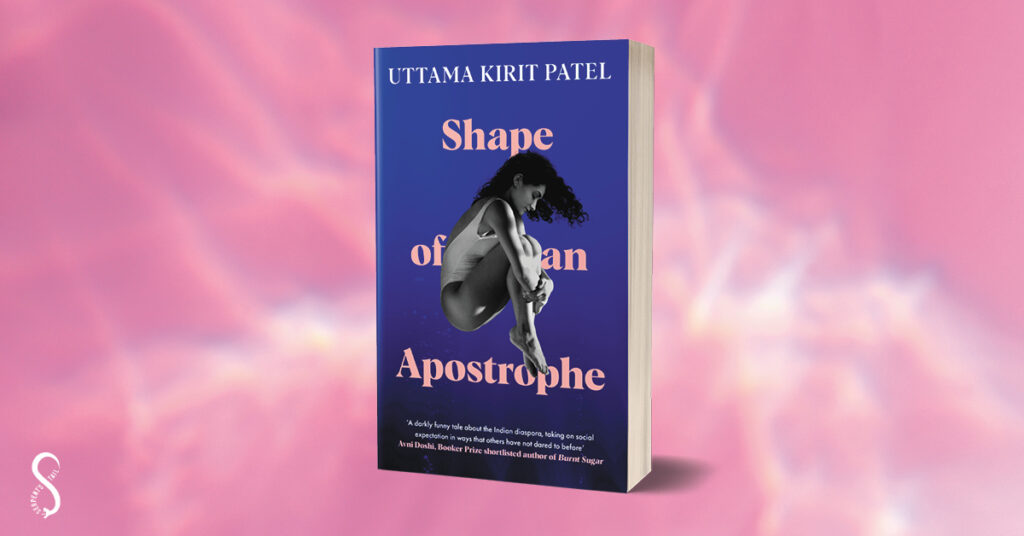
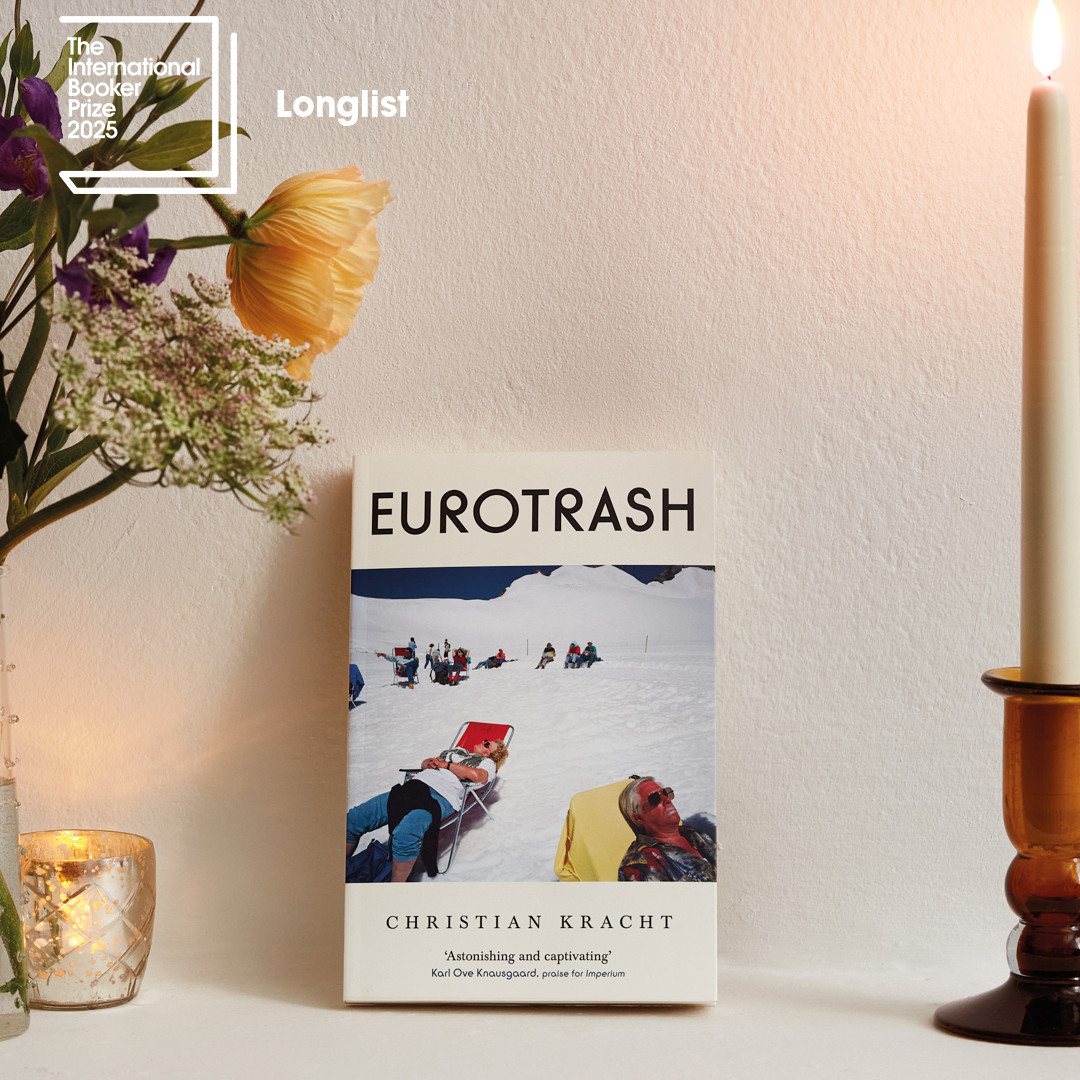

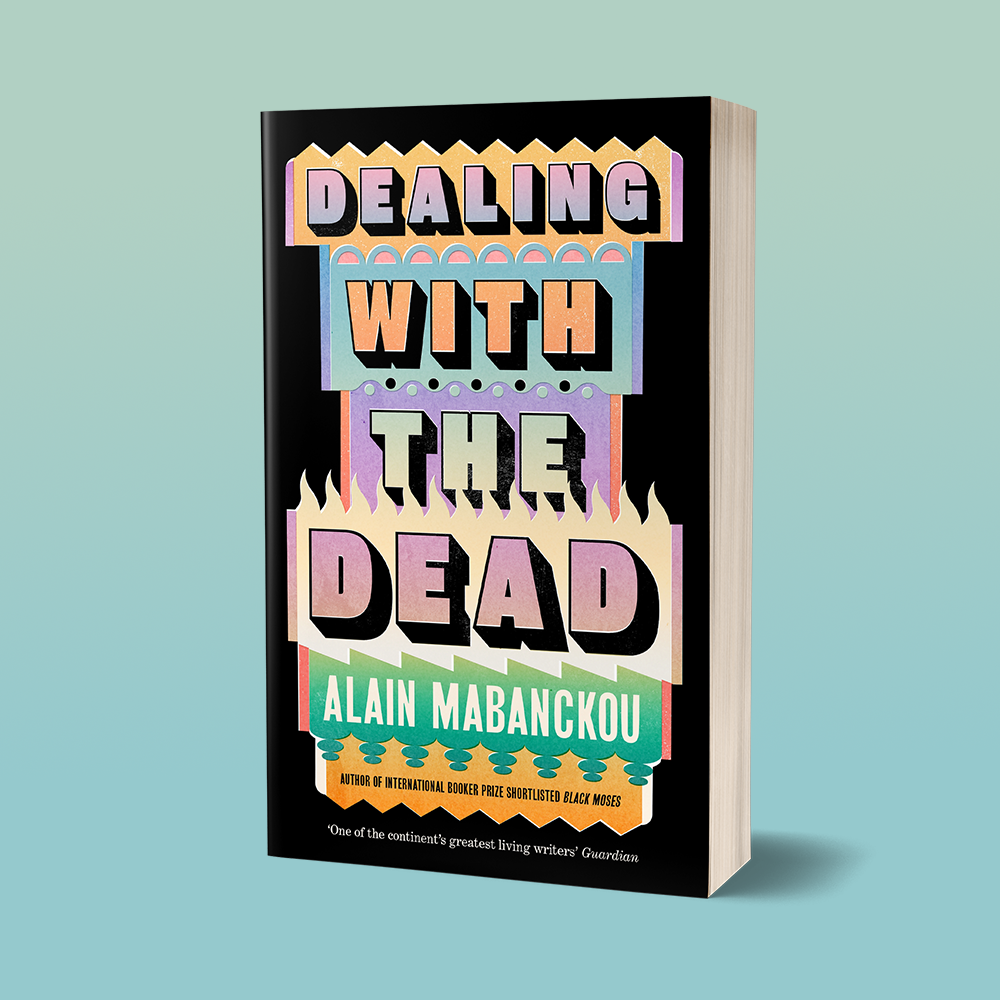



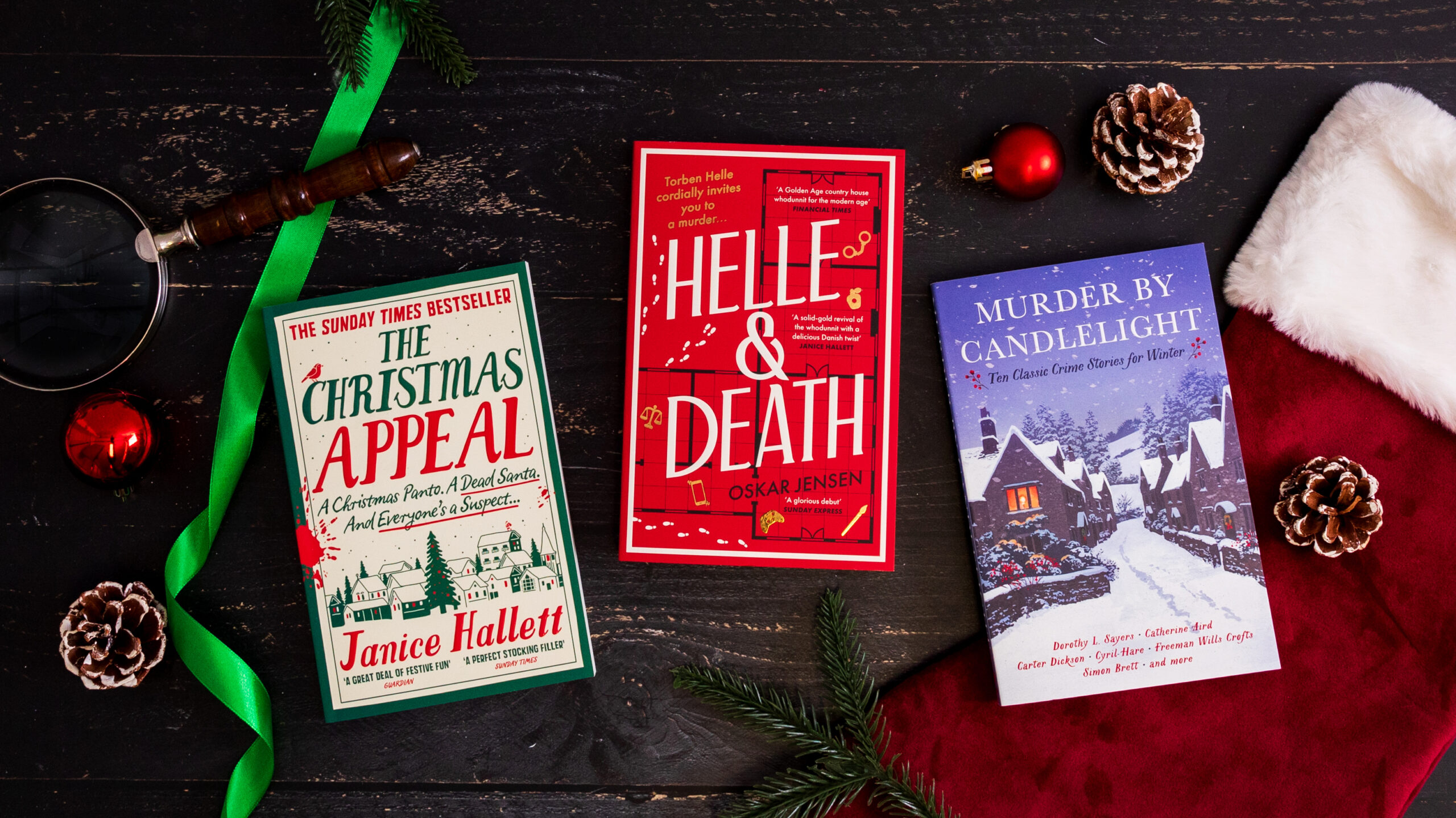
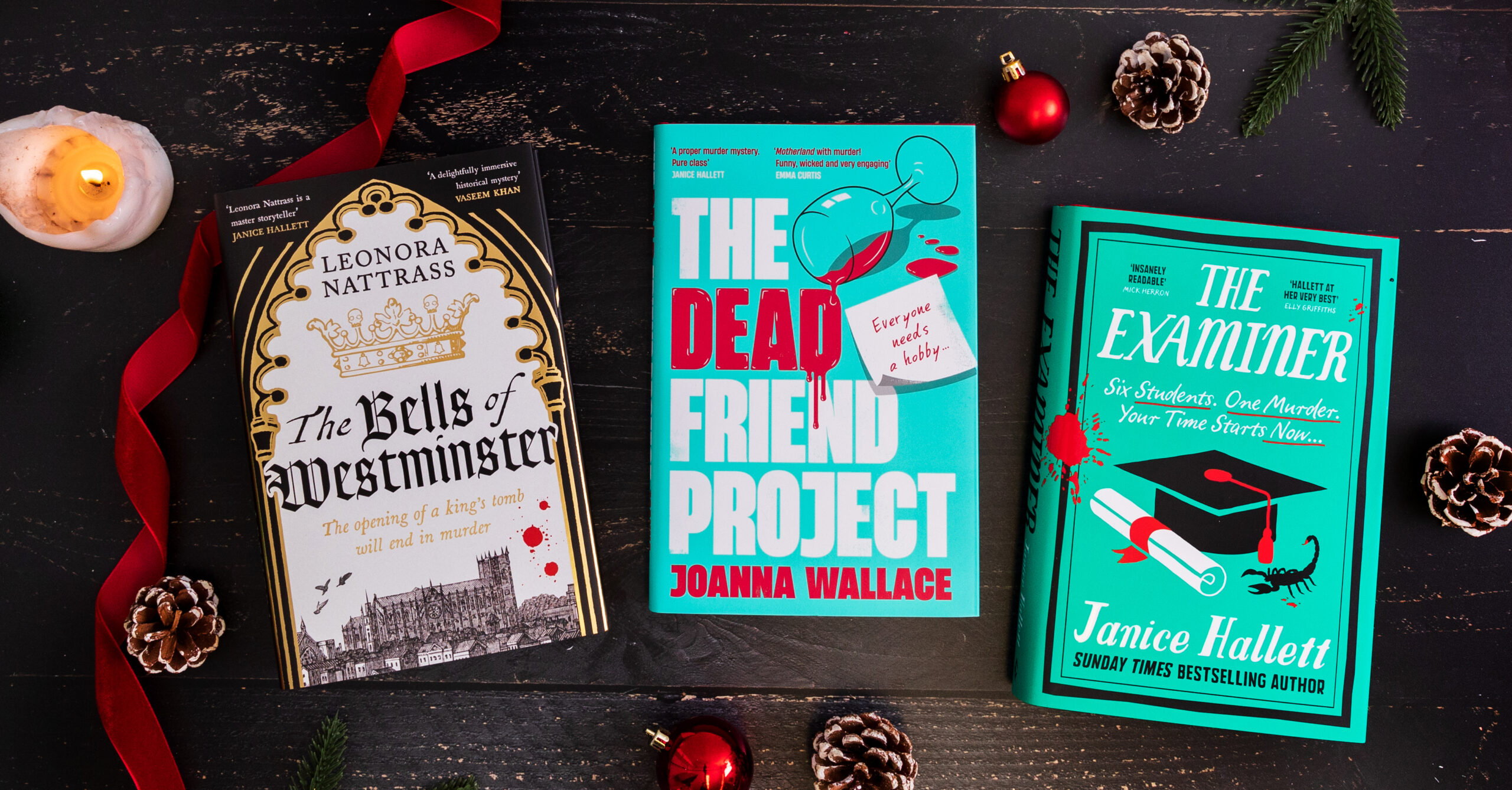



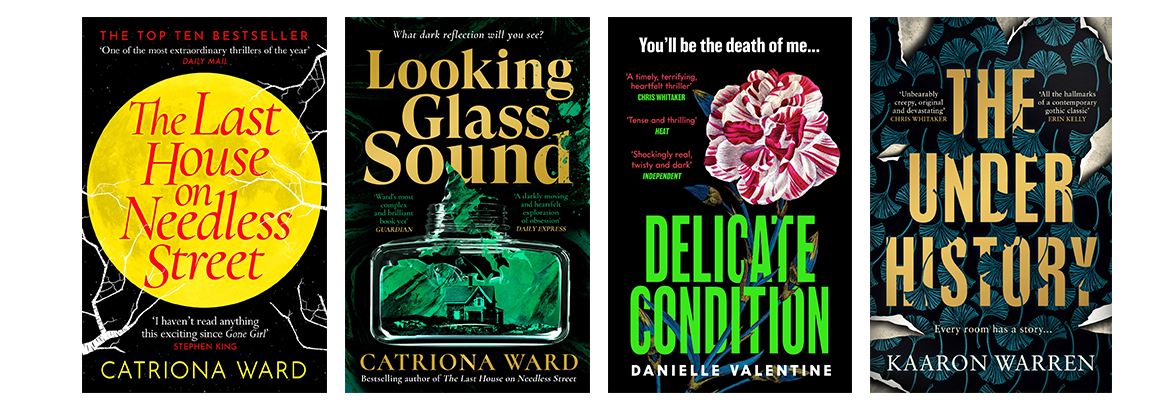

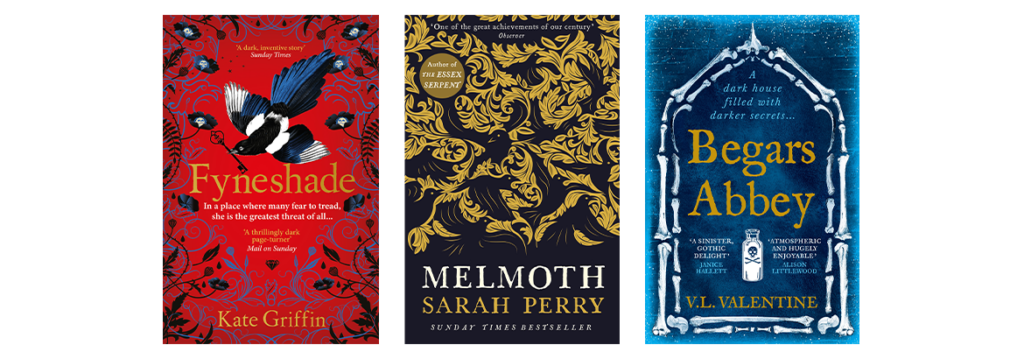

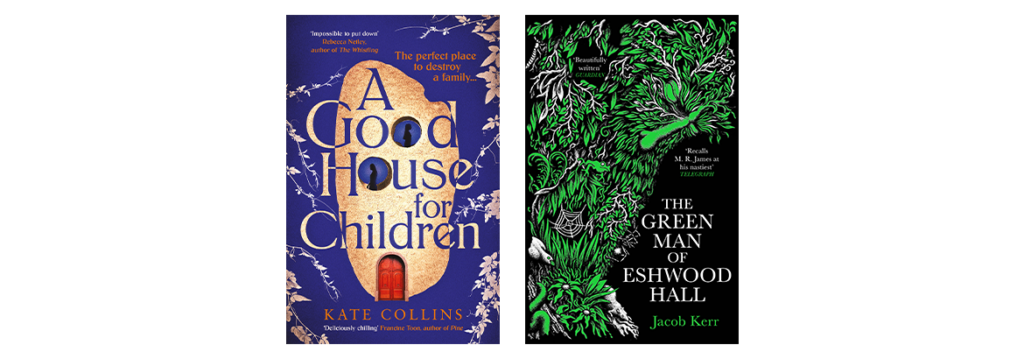

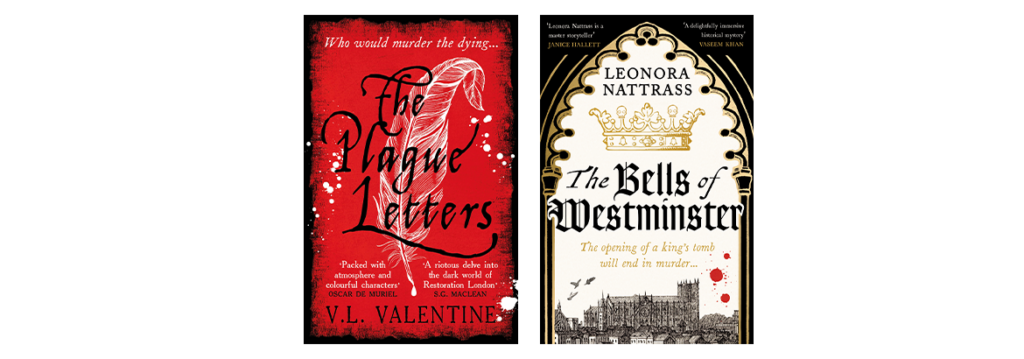

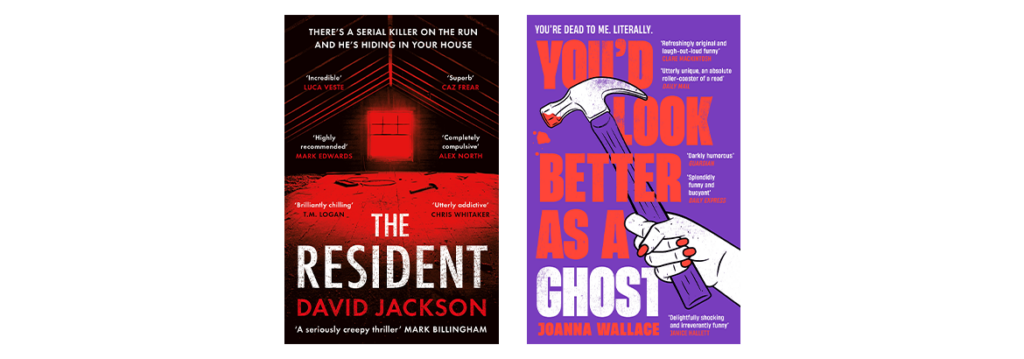

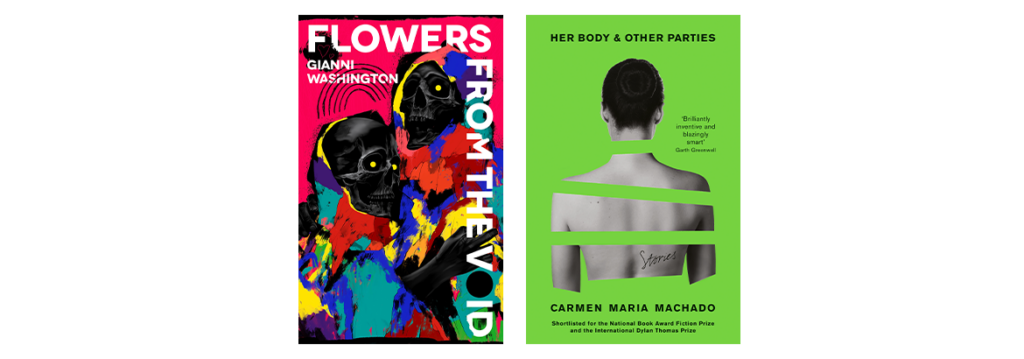
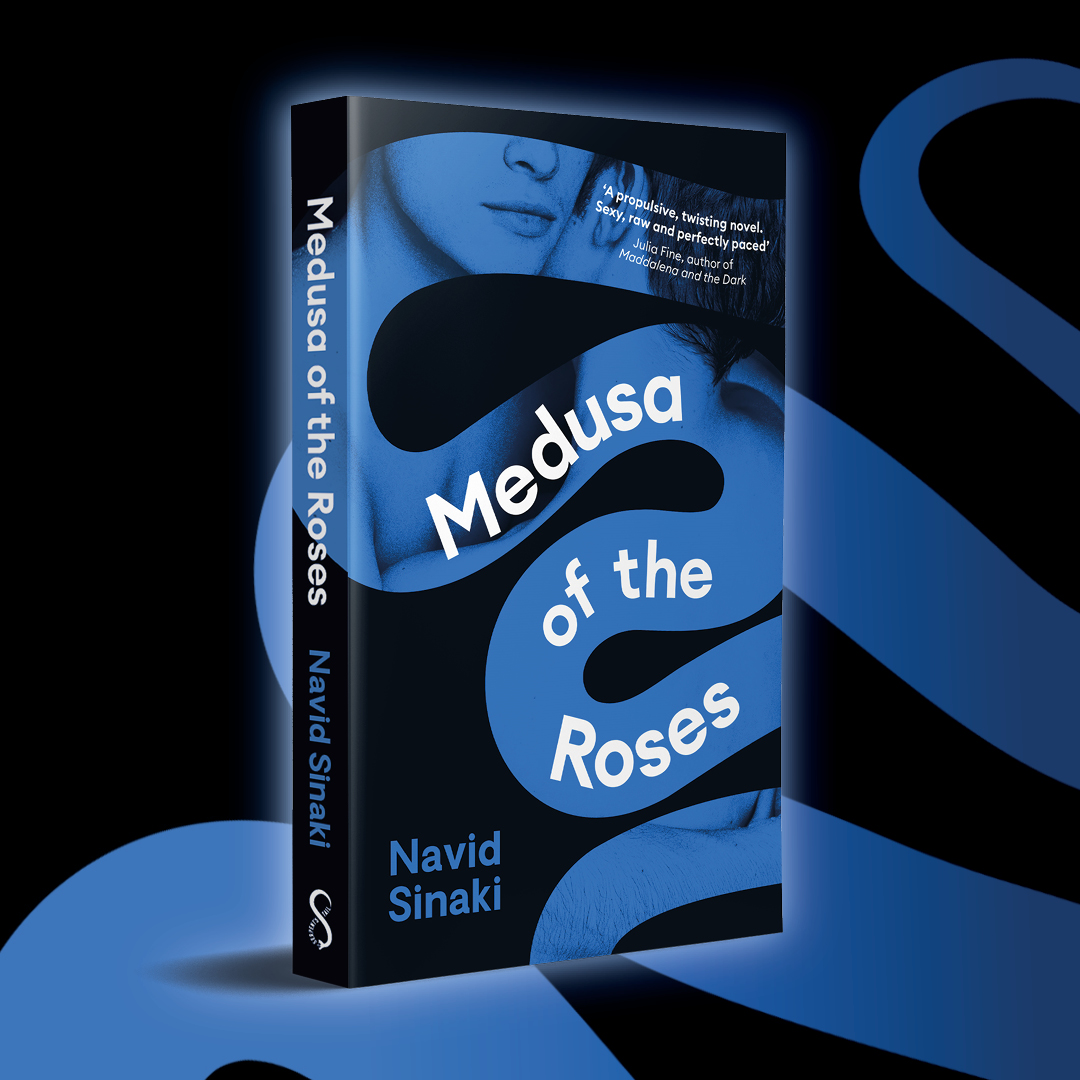


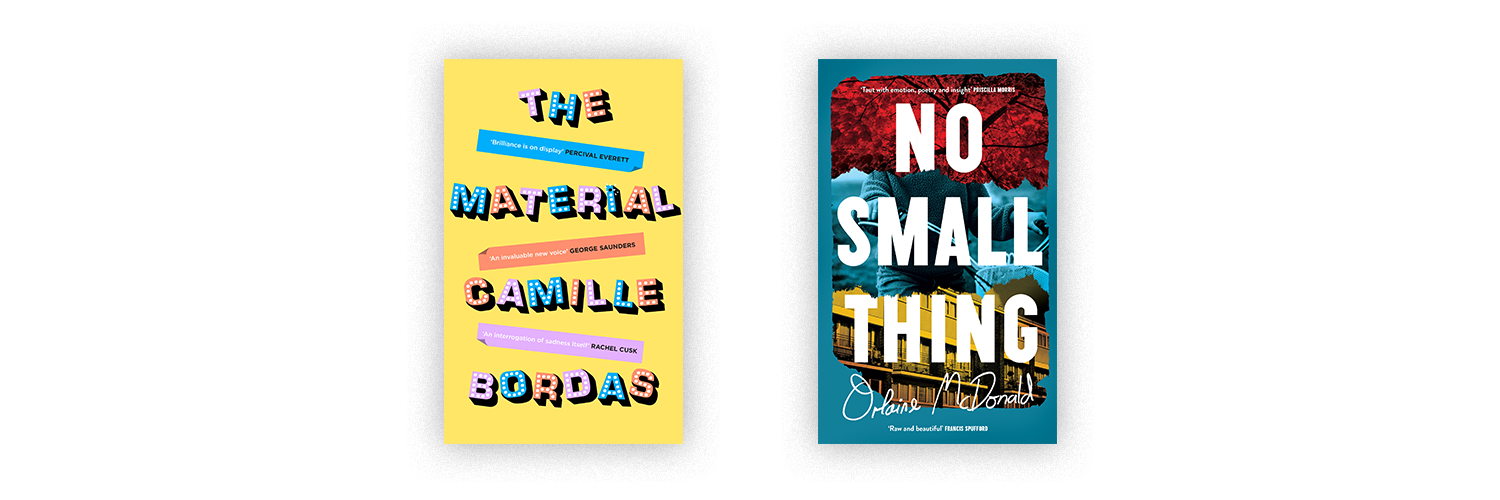
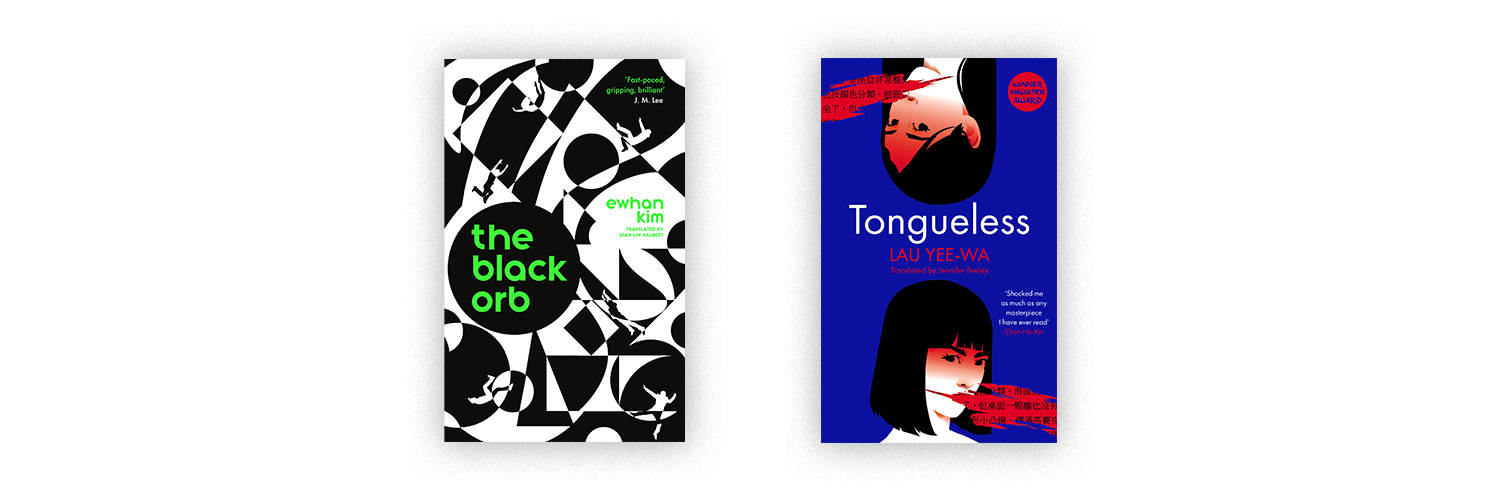
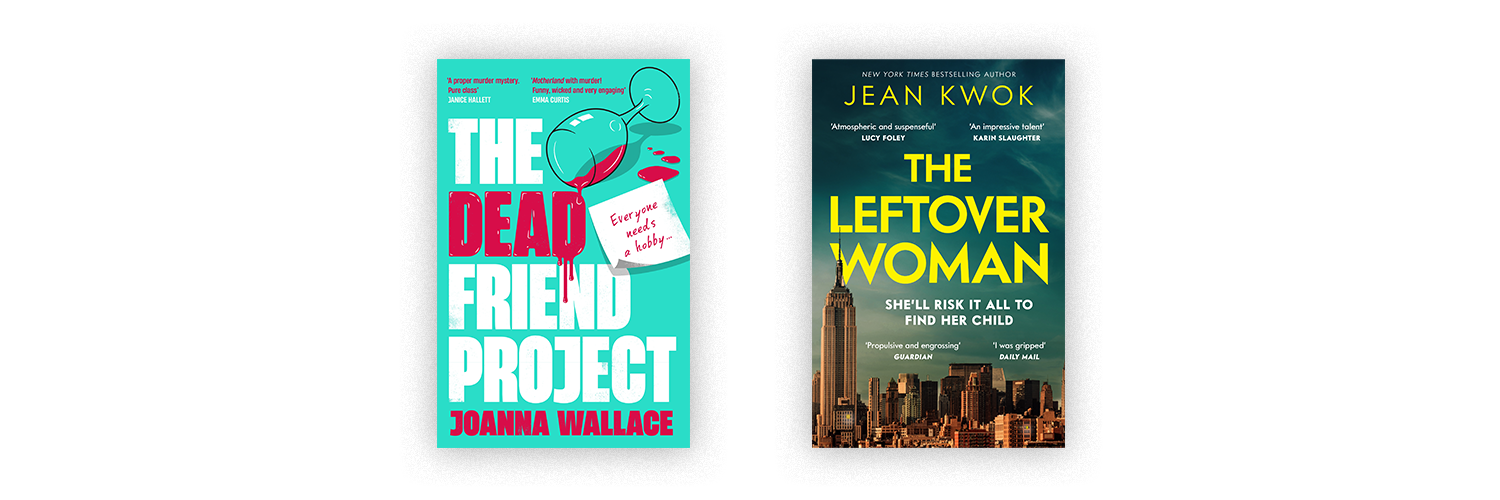
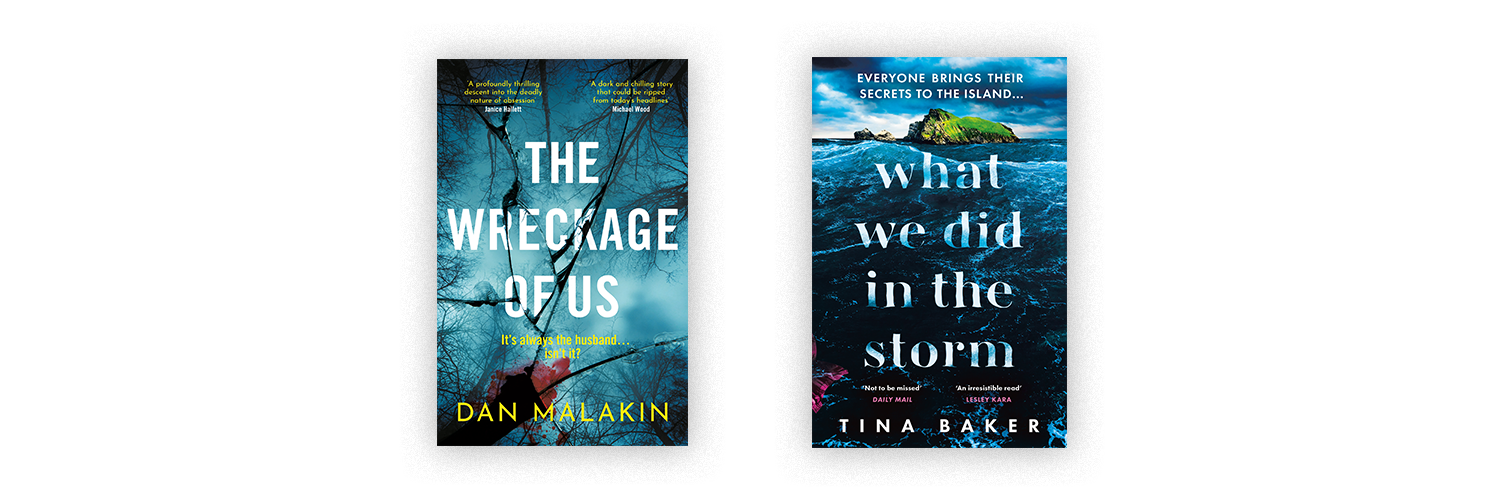






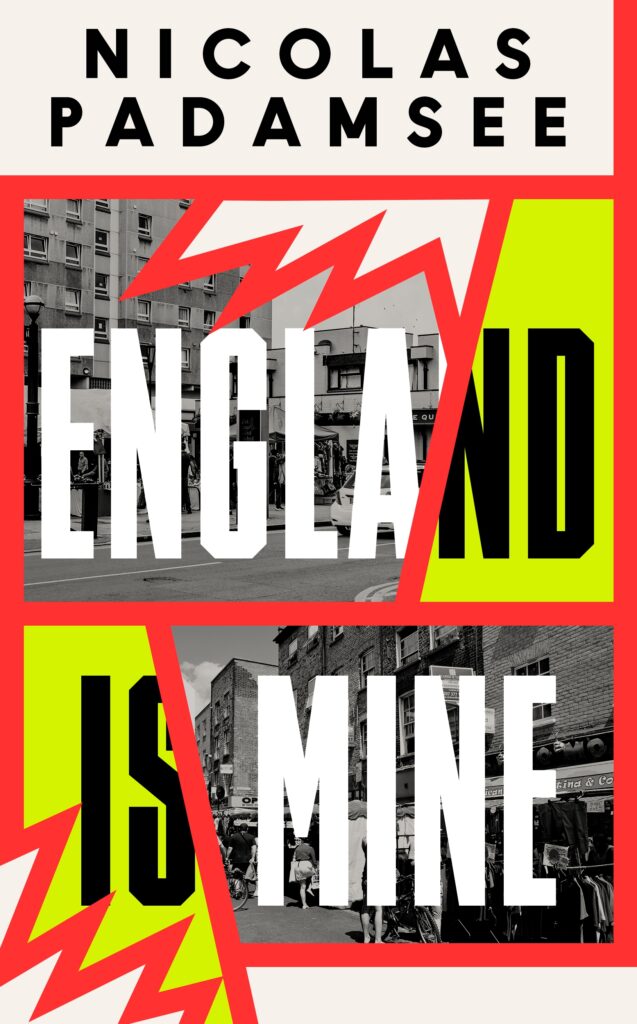

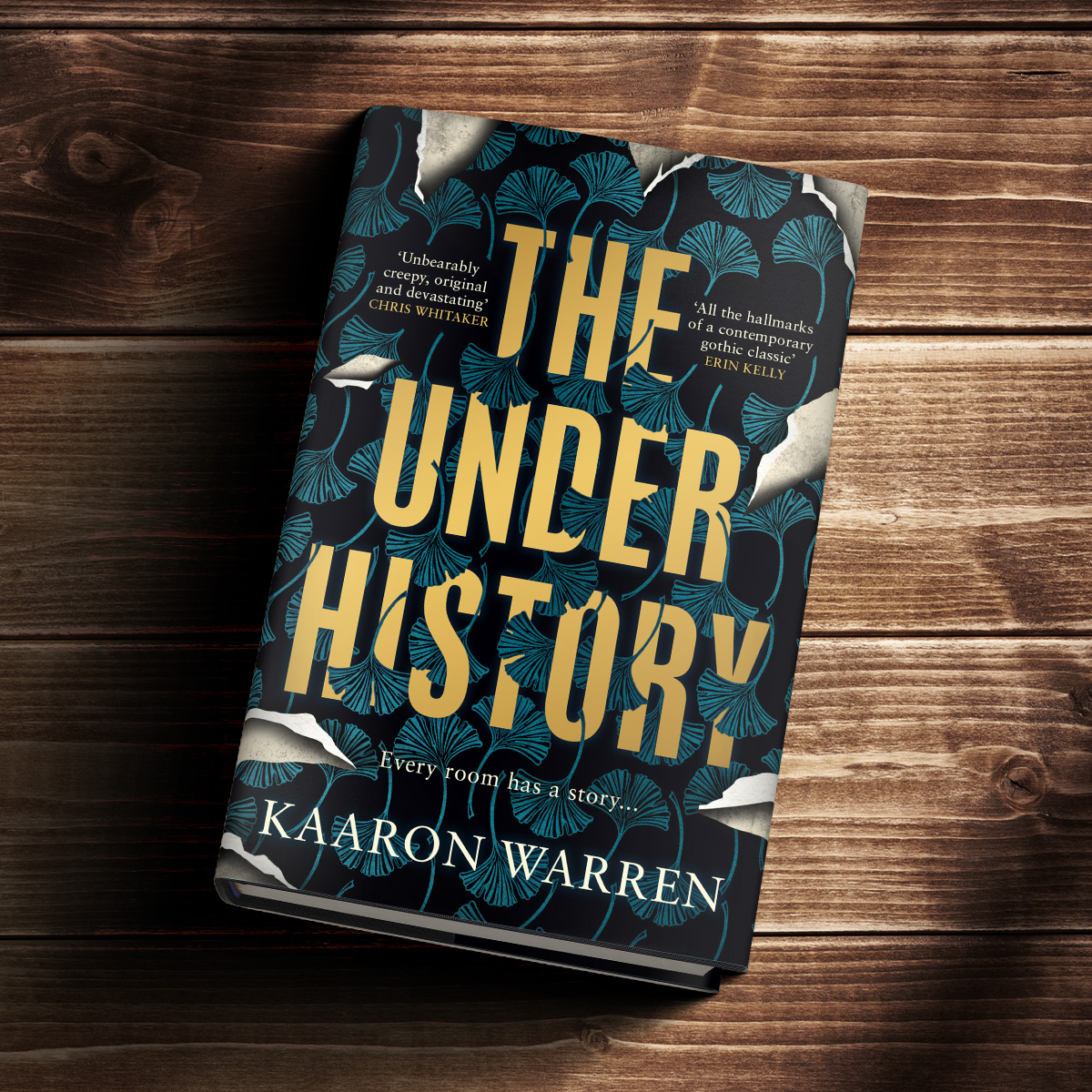
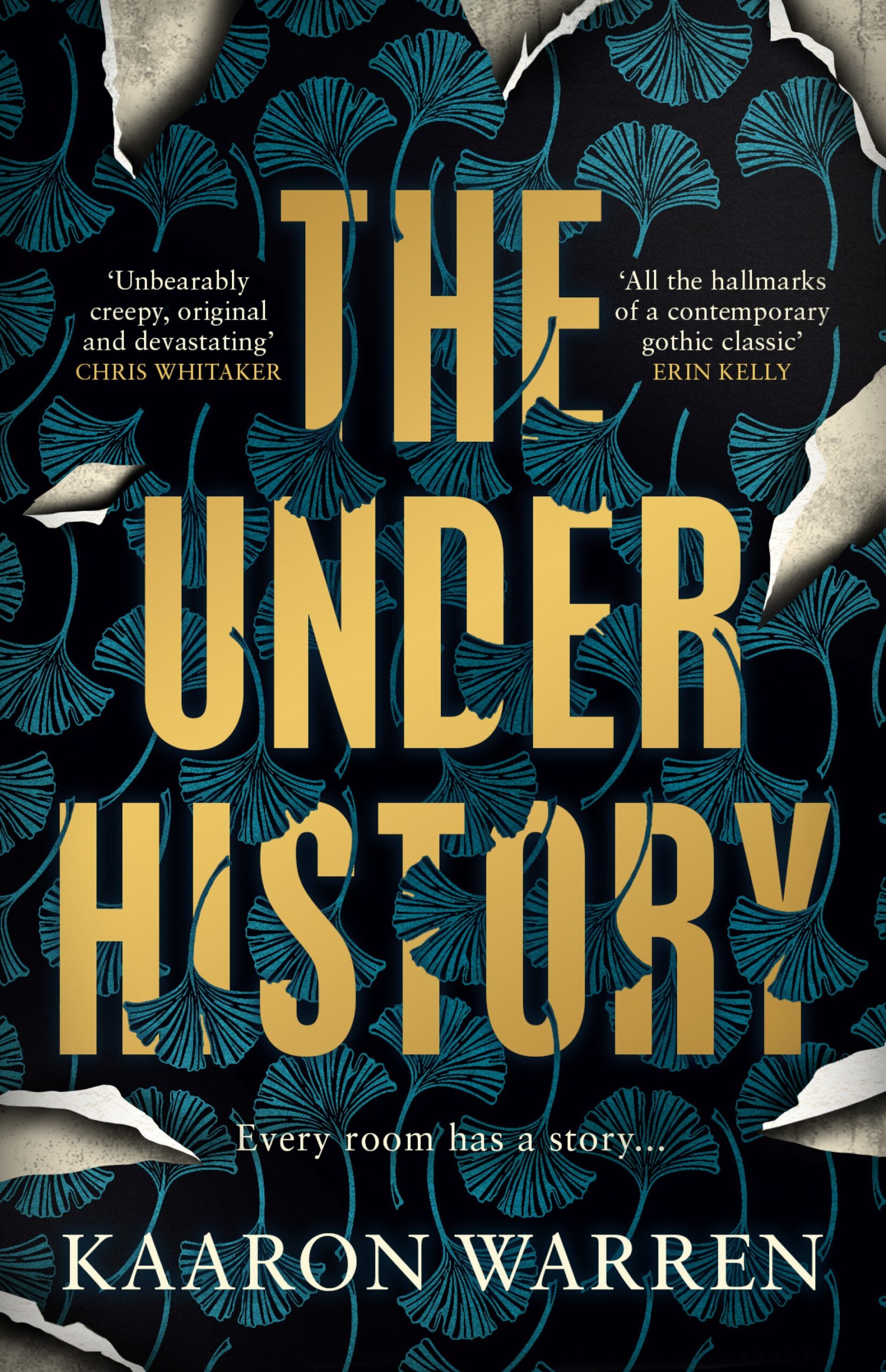 ‘Hauntingly creepy’ – ERIN KELLY
‘Hauntingly creepy’ – ERIN KELLY
